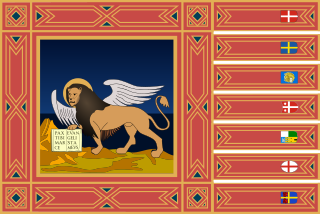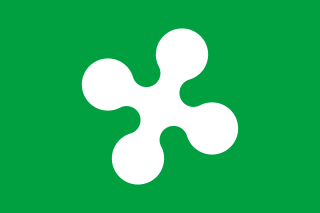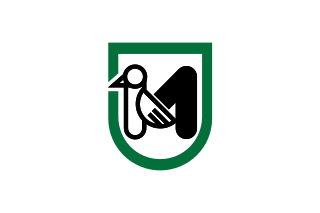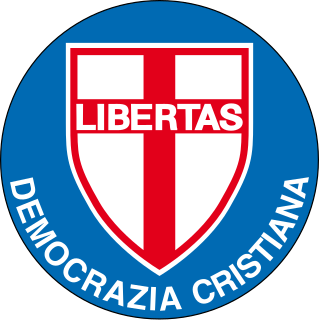This page is based on this
Wikipedia article Text is available under the
CC BY-SA 4.0 license; additional terms may apply.
Images, videos and audio are available under their respective licenses.
The Historic Compromise, called also Third Phase or Democratic Alternative, was an Italian historical political alliance and accommodation between the Christian Democrats (DC) and the Italian Communist Party (PCI) in the 1970s.

The Venetian regional election of 1980 took place on 8 June 1980.

The Politics of Lombardy, Italy, takes place in a framework of a semi-presidential representative democracy, whereby the President of the Region is the head of government, and of a pluriform multi-party system. Legislative power is vested in the Regional Council of Lombardy, while executive power is exercised by the Regional Government led by the President, who is directly elected by the people. The current Statute, which regulates the functioning of the regional institutions, has been in force since 2008.

The Calabrian regional election of 1990 took place on 6 May 1990.

The Piedmontese regional election of 1980 took place on 8 June 1980.

The Emilia-Romagna regional election of 1980 took place on 8 June 1980.

The Ligurian regional election of 1980 took place on 8 June 1980.

The Marche regional election of 1980 took place on 8 June 1980.

The Lazio regional election of 1980 took place on 8 June 1980.

The Sardinian regional election of 1979 took place on 17 June 1979.

The Sicilian regional election of 1955 took place on 5 June 1955.

The Sicilian regional election of 1967 took place on 11 June 1967.

The Sicilian regional election of 1971 took place on 13 June 1971.

The Sicilian regional election of 1976 took place on 20 June 1976.

The Sicilian regional election of 1986 took place on 22 June 1986.

The Friuli-Venezia Giulia regional election of 1978 took place on 25 June 1978.

A referendum on abolishing the wage escalator was held in Italy on 9 June 1985. The escalator allowed for the automatic growth of the salaries of Italian workers at the same rate as inflation. This mechanism was accused of causing high inflation which damaged the lira during the 1980s, with a 20% annual rate. Voters were asked whether they wanted to repeal a law passed by the government of socialist Prime Minister Bettino Craxi which had strongly reduced this automatic mechanisms. The referendum was called by the Italian Communist Party. Those voting "yes" wanted to restore the automatic growth of the salaries as the inflation ratio, and those voting "no" wanted to retain the law which tried to reduce the high inflation.
The Pentapartito, commonly shortened to CAF refers to the coalition government of five Italian political parties that formed between June 1981 and April 1991. The coalition comprised the Christian Democracy (DC) party and four secular parties: the Italian Socialist Party (PSI), Italian Democratic Socialist Party (PSDI), Italian Liberal Party (PLI) and Italian Republican Party (PRI).

The 1993 Italian local elections were held on 6 and 20 June, on 21 November and 5 December. It was the first time where citizens could vote both for the mayor and the city council.















